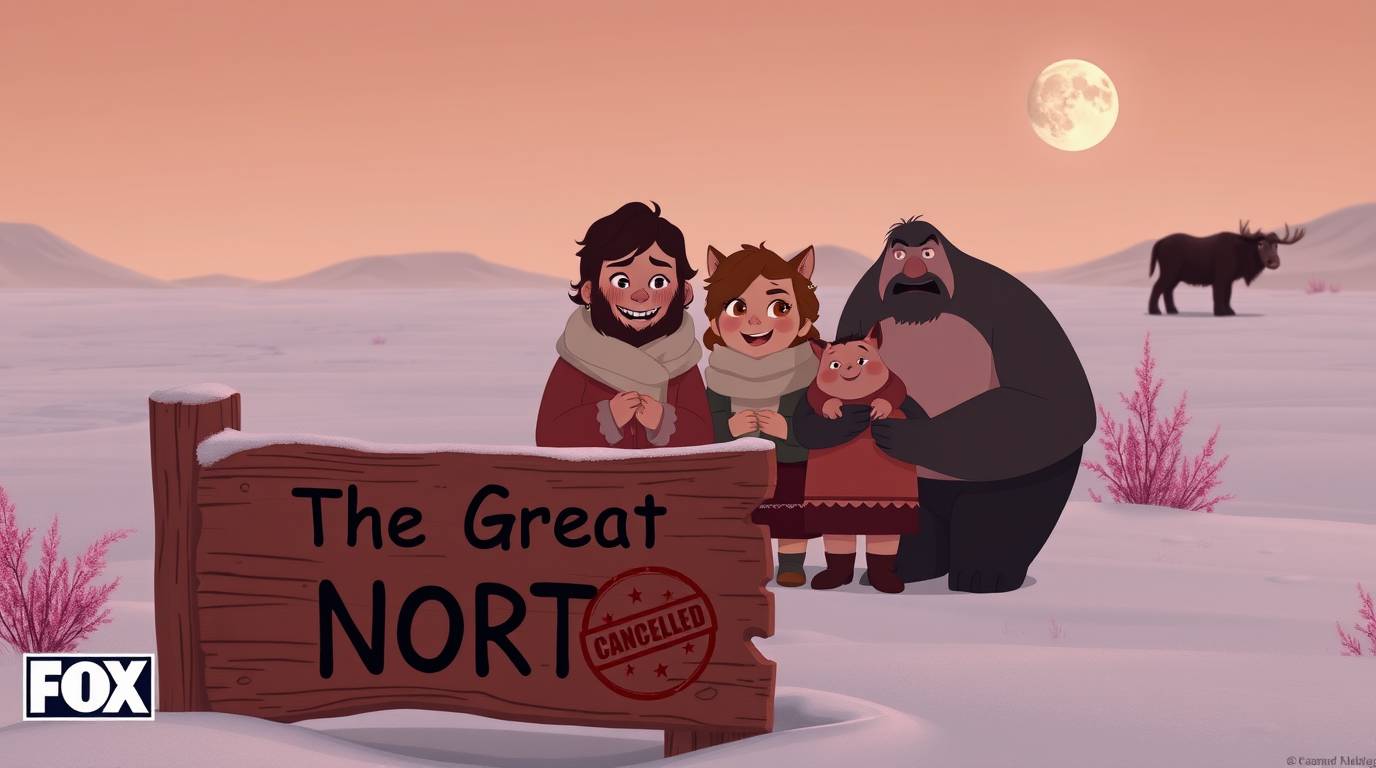John Fogerty Roasts Trump’s Ironic Use of “Fortunate Son”
Imagine the scene: a sprawling rally for a billionaire former president, adorned with gold accents and promises of privilege. The crowd erupts. And then, the unmistakable, rebellious opening guitar riff of Creedence Clearwater Revival’s “Fortunate Son” blasts through the speakers.
For anyone who knows the first thing about the song’s searing anti-establishment message, the cognitive dissonance is staggering. But for the song’s creator, John Fogerty, it’s not just confusing—it’s “hilarious.” In numerous interviews, Fogerty has expressed a mix of bemusement and frustration at the Trump campaign’s continued use of his iconic protest anthem, a song explicitly written to critique the very system of wealth and privilege Trump embodies. This isn’t just a simple musical mishap; it’s a profound failure to understand the power and purpose of art.
The Intentional Fury Behind “Fortunate Son”
To grasp the full weight of the irony, we must travel back to the song’s origins. It wasn’t written as a vague, anti-war ditty. It was a targeted missile.
A Protest Forged in 1969
Released in 1969 at the height of the Vietnam War, “Fortunate Son” was John Fogerty’s furious response to the glaring inequities of the draft. While young men from poor and working-class families were shipped off to war, the sons of the wealthy and politically connected often received deferments.
Fogerty saw this hypocrisy up close. He himself was a veteran, having served in the Army Reserve. He watched as figures like President Richard Nixon and his allies seemed to champion a war they and their families were insulated from.
The lyrics are brutally specific and leave no room for misinterpretation:
“Some folks are born made to wave the flag / Ooh, they’re red, white and blue…”
“And when the band plays ‘Hail to the chief’ / Ooh, they point the cannon at you, Lord…”
“It ain’t me, it ain’t me / I ain’t no millionaire’s son, no no…”
“It ain’t me, it ain’t me / I ain’t no fortunate one, no…”
This was not a song for the powerful. It was the anthem for those they sent to fight.
The Fogerty Family’s Personal Stake
The irony cuts even deeper for the Fogerty family. In a 2020 interview with Rolling Stone, John Fogerty revealed that his own late brother, Tom Fogerty (also a CCR member), was a staunch Trump supporter. The former president played “Fortunate Son” at rallies even after Tom’s passing, leading John to quip, “I suppose if he were alive today, Tom would be giving [Trump] permission… But since he’s not, I can say no… It’s hilarious that he uses it.”
The personal layer adds a Shakespearean tragedy to the farce—a family divided by politics, with one brother’s art being used to promote ideals the other brother held, all against the explicit wishes of the living artist.
The Chasm Between Symbol and Substance
So how does a campaign so fundamentally misunderstand a piece of culture? The answer lies in the difference between a symbol’s aesthetic and its substance.
| What the Trump Campaign Hears | What John Fogerty Actually Wrote |
| A patriotic, guitar-driven rock anthem. | A scathing indictment of elitist patriotism. |
| A song that gets a crowd energized and angry. | A song about the people the powerful anger targets. |
| The word “fortunate” implying luck and success. | The word “fortunate” implying sheltered privilege. |
| A nostalgic piece of Americana. | A furious protest against a corrupted America. |
The campaign hears the sound of rebellion—the aggressive guitar, the driving drums, Fogerty’s raw, powerful vocals. They co-opt the feeling of anti-elitism, attempting to position Trump as the outsider fighting the “Washington swamp.” But they willfully ignore the lyrics that define what that rebellion is against: the inherited power, wealth, and nepotism that have long been central to Trump’s public identity.
A Recurring Theme: Artists vs. Politicians
John Fogerty is far from alone in this battle. The clash between musical artists and political campaigns who use their songs without permission—or against their wishes—is a modern political tradition.
- Bruce Springsteen famously had Ronald Reagan’s campaign cease using “Born in the U.S.A.,” another song often mistaken for a blind patriotic anthem despite its critical lyrics about the treatment of Vietnam veterans.
- Neil Young demanded Donald Trump stop using “Rockin’ in the Free World.”
- The Rolling Stones, Adele, R.E.M., and Queen are just a few of the many acts who have issued cease-and-desist orders to various politicians, including Trump.
This recurring conflict highlights a key vulnerability in political messaging: the desire to use the emotional shorthand of popular music without doing the homework to understand its meaning.
Why Saying “No” Matters: The Power of Artistic Control
When John Fogerty speaks out, he’s doing more than just correcting a factual error. He’s fighting for the integrity of his life’s work.
“It’s a conflict of interest for me and my music,” Fogerty told CBS News. His public statements serve as a crucial corrective, forcing the public to re-engage with the song’s true meaning. Every time he calls it “hilarious,” he pulls back the curtain and reminds us that “Fortunate Son” wasn’t written for a rally—it was written for the soldiers shipping out, for the families who couldn’t buy their way out, for the people who bear the cost of the powerful’s decisions.
In an era of deep political division, art remains a powerful vessel for truth. When a politician misuses it, the artist’s voice is the last line of defense.
Conclusion: The Joke That Writes Its Own Punchline
The ongoing saga of Trump playing “Fortunate Son” is a perfect, self-contained irony. A song about the cluelessness of the privileged elite is itself cluelessly played by a man who embodies that description. The joke, as John Fogerty has pointed out, writes its own punchline.
It’s a reminder that songs are more than just background music. They are capsules of history, emotion, and intent. They have authors and contexts that cannot be simply erased for a political photo op. The next time you hear that famous riff, listen to the words. Hear the anger, the frustration, and the call for justice. That is the true legacy of John Fogerty’s masterpiece—a legacy that no amount of political misappropriation can ever silence.
What do you think? Should politicians be able to use any song they want, or do artists have the final say? Share your thoughts in the comments below.
👉For more Entertainment news-> Click Here!













